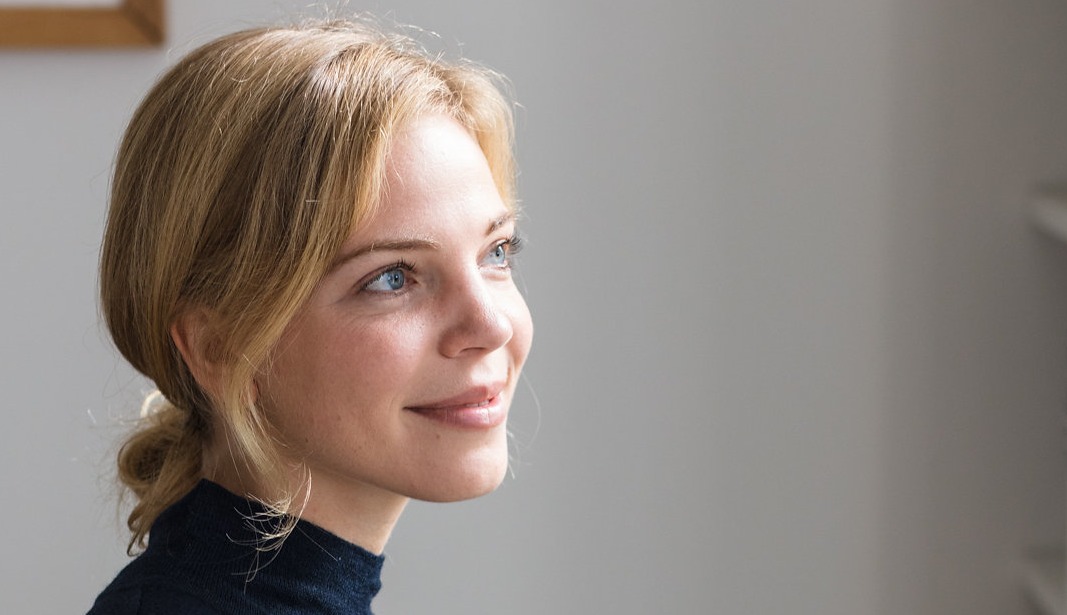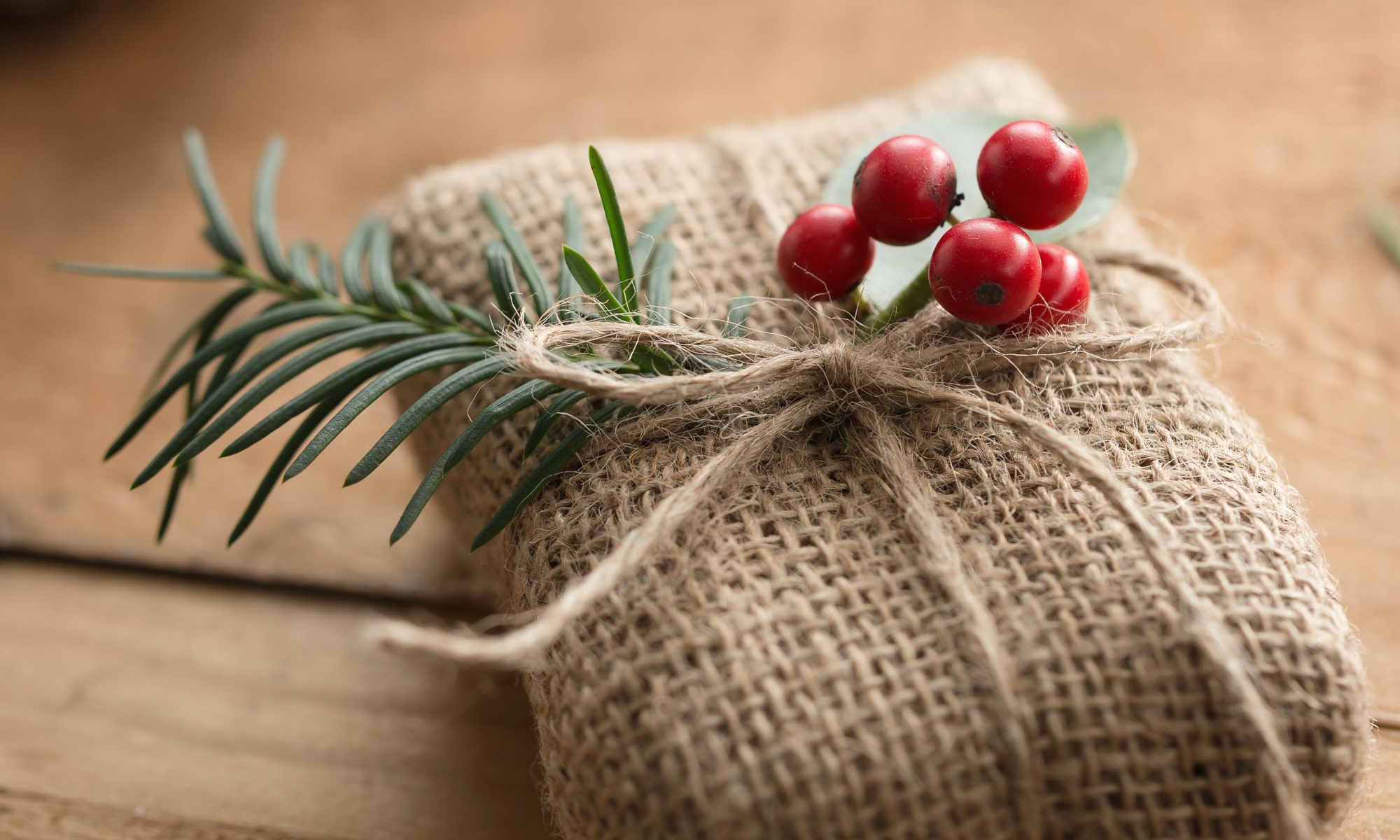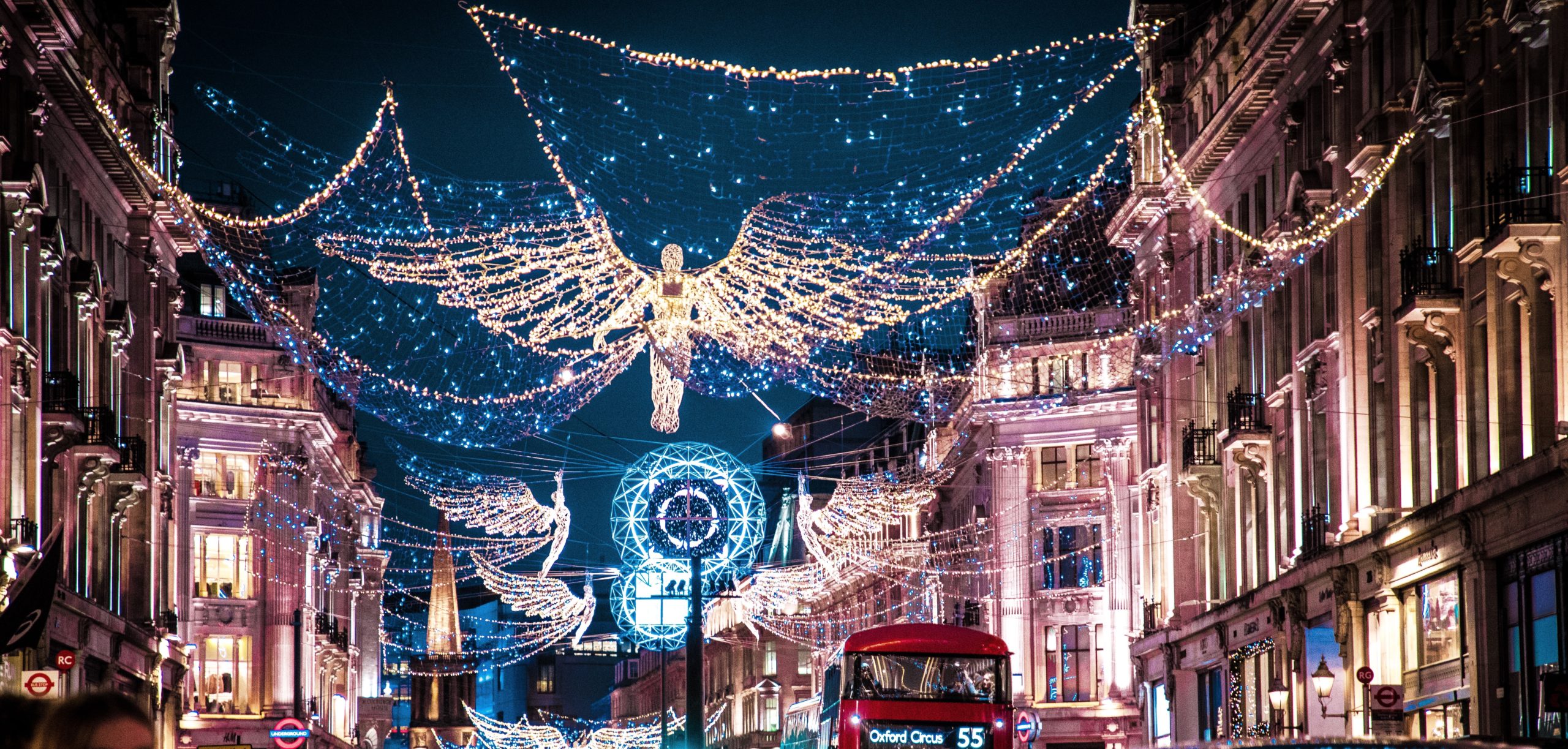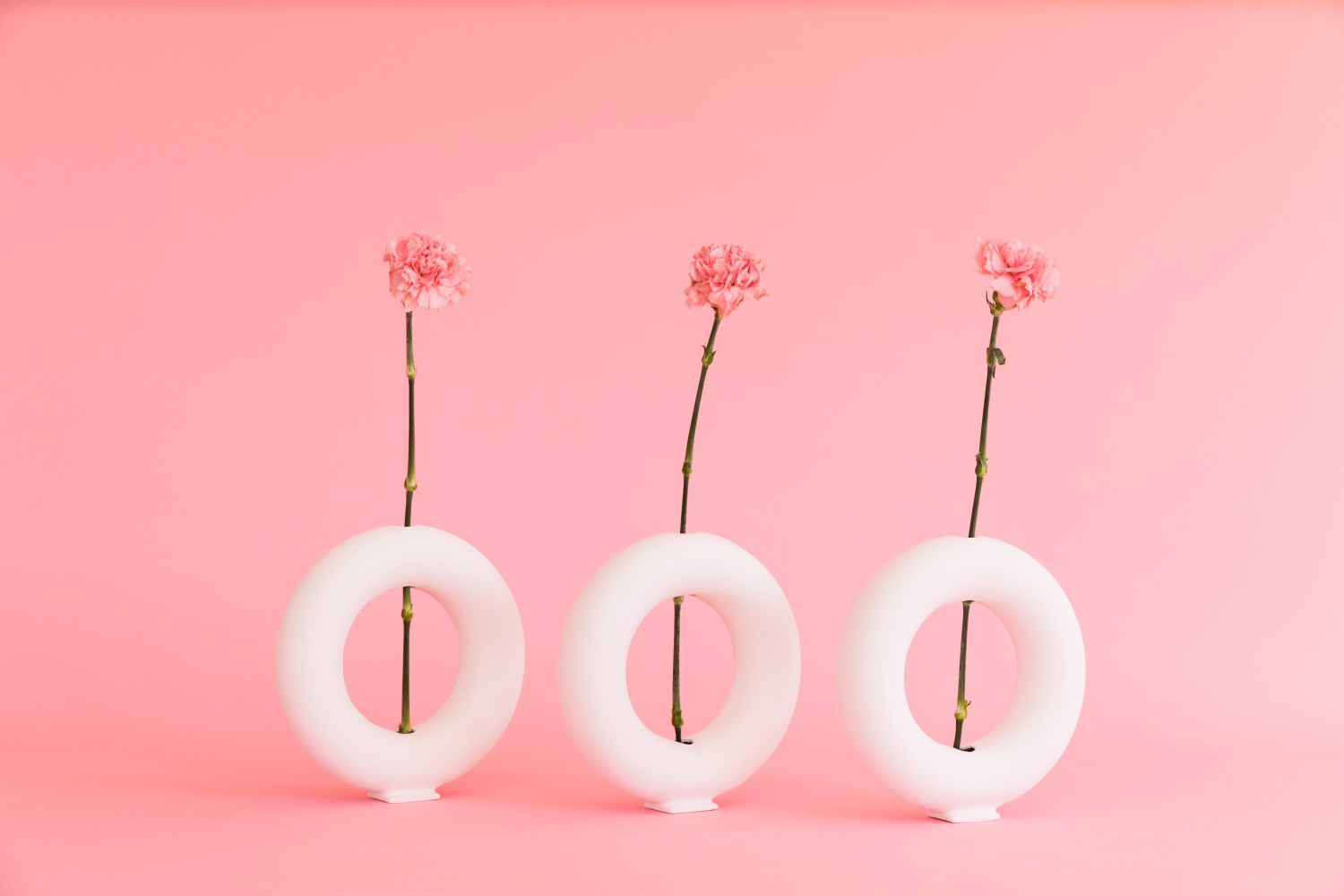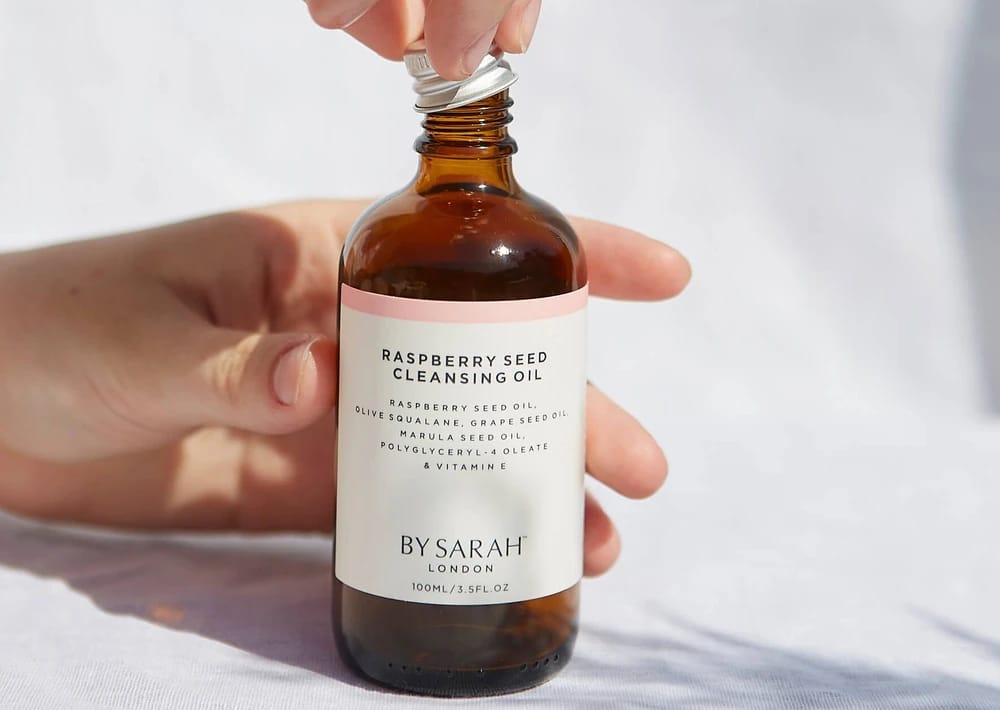
With the world on pause, and our hands being forced to slow down, recalibrate and take stock, it seems there could be some positives appearing from these uncertain times. We can expect to see a more eco-conscious mindset in the way people travel moving forward, with a recent report by booking.com showing that 53% of global travellers want to travel more sustainably in 2021. It’s not surprising, then, that there are some exciting green hotels due to open in the new year – they are poised to push boundaries and offer us conscious passengers the escapes we’ve been dreaming about.
With people still nervous to travel due to the pandemic, travellers are spending the increased time at home focusing on how they can have a heightened tourism experience in the future. In fact, next year, it’s expected that many people will only travel if there’s a greater good involved in their trip and if they deem it to be truly worth it.
The founder and CEO of Responsible Travel, Justin Francis, says: ‘Tourists will attach increasing value to genuine sustainability measures and the desire to reconnect with nature will see re-wilding and conservation breaks take root.’ Luckily for us, there are some new and pretty spectacular openings to discover in the near future. Here are some of the most anticipated and inspiring arrivals to get us dreaming about stepping foot in that arrivals hall again one day soon.
HABITAS – Namibia, Saudi Arabia & Mexico
With every project that Habitas develops, a refreshing purpose is prioritised from the outset. Central to their ethos is a defining idea that each resort has to make a lasting impact on local communities through education, employment and by creating sustainable micro-economies. Sustainability is controlled carefully, ensuring that the design, manufacturing, development and operations of each new ‘home’ is in keeping with their ethos. In an exciting year for the brand, 2021 will see not one, but four, new properties launch.
First up, in January, Habitas Namibia is launching with a focus on sustainability, community and a shared experience centred on a unique safari experience. Also in early 2021, a new resort on Mexico’s Lake Bacalar will open. Built sustainably, it will feature 35 cabanas that blend with the surroundings and the work of the brand’s impact philanthropic arm, Habitas RISE, will play an integral role in exploring lagoon and stromatolite conservation.
Opening in spring, Habitas AlUla will be the brand’s first property in the Middle East and perhaps one of the most anticipated – you’re unlikely to have stumbled upon anything like this in this location before. Located in Saudi Arabia’s AlUla, a historic region that has remained closed to the outside world until now, the hotel will be a community-inclusive, sustainable hospitality ecosystem with a localised approach to resourcing, training and employment. Finally, later in the year, you’ll find Habitas Todos Santos spanning over 10-hectares on Mexico’s Todos Santos beachfront and can expect a farm-to-table restaurant, holistic spa and organic herb garden.
GREAT PLAINS CONSERVATION – Zimbabwe & Botswana, Africa
Leaders in conservation and philanthropic pursuits, Great Plains Conservation offers some of the best in conscious travel options for those wanting to give back when they journey. Throughout the Covid-19 crisis, they’ve used the time to refurbish and improve existing camps and create three new camps for 2021 openings. The new camps are entirely solar powered, and they also incorporate bio-digesters that convert vegetable scraps into methane cooking gas, composting, grey water recycling and the elimination of single-use plastics. Tembo Plains is being constructed in the private 130,000-hectare Sapi Reserve adjacent to the Zambezi River, and founders Dereck and Beverley Joubert are currently designing the camp themselves, paying homage to the ancient cultures in Zimbawian culture. A new camp is also opening in mid-2021 on Peperre Island in Botswana, just south of the Panhandle in the Okavango Delta. The design sits in the raised treeline and is aesthetically breathtaking, with each suite modelled on giant fishing baskets in homage to the great fishing clans of the northern Okavango.
RITZ CARLTON MALDIVES
A taste of real island luxury, this low carbon footprint resort is due to open in the summer of 2021 and is all about minimising the impact of hospitality services on the fragile reef ecosystems, but celebrating them too. The Ritz-Carlton Maldives’ philosophy of ‘beru’ means to comprise and protect the circle of island life, while embracing ocean forces. Fari Islands is made up of three beautiful, lush islands, and a fourth water island, on the eastern rim of the Maafalhu Lagoon, part of the Fari Island chain of the North Male Atoll. The new structures are created upon existing sandbanks with a shallow reef ecosystem, so the construction of the new property focuses on respecting the natural environment. In fact, the design is incredibly humble and lightweight so leaves little impact on the natural location. Once you arrive here, it’ll be all about unwinding, re-wilding and disconnecting from the hustle and bustle.

TREE HOUSES – Dawson Lakes, Virginia, USA
This is one of those hotels that just looks sustainable, with its eco-credentials oozing from the very core of the design. Opening in Virginia in 2021, these eco tree houses from the renowned architectural studio, Peter Pichler, are set to be the next big thing in forest bathing. As an extension to an existing luxury hotel, the ethos of the new destination resort is to create an experience whereby guests can live in the woods and enjoy a maximum connection with nature. The geometry of the tree house design, with its sharp steep roof, is inspired by the surrounding maple, poplar, and oak trees and will be made of local wood. Each tree house will also host individual rainwater collection tanks and geothermal heat pumps. The project is conceived as a ‘slow down’ form of tourism where nature and the integration of architecture in it plays a primary role. ‘We believe that the future of tourism is based on the relationship of the human being with nature,’ comments the studio. ‘Well-integrated, sustainable architecture can amplify this relationship; nothing else is needed.’
SIX SENSES BOTANIQUE – Mantiqueira, Brazil
A pioneer when it comes to eco-conscious travel, the Six Senses brand has been at the forefront of sustainably forward resorts since 1995 and is now opening its first resort in the Americas. Due to open in early 2021, Six Senses Botanique is nestled in the desirable Mantiqueira area, 2.5 hours from São Paulo and at 1,200 metres above sea level. The resort has a green thread built into its core – it’s beautiful on the inside and out. With the entire design inspired by sustainability, indigenous materials were used in the construction such as jacaranda wood, natural stone, and chocolate slate, and the 120-year-old wooden beams are reclaimed from farms in nearby Minas Gerais. Perfect for those who love to feel at one with the outdoors, huge glass panels line the property to evoke a sense of nature, inside, with uninterrupted views of Mantiqueira’s mountains.
CASA DI LANGA – Piedmont, Italy
Opening their doors in spring, we’re excited for this luxury addition to the sustainable sleep selection of 2021. You don’t get much more beautiful than the rolling hills and breathtaking views of Piedmont. Located among the Barolo, Barbaresco, and Alta Langa wine-making regions, the property is opting to be more than simply a hotel – instead, it’s a sustainable experience where guests can connect with the extraordinary sights and tastes of the UNESCO World Heritage site it sits within. The team are dedicated to providing luxury experiences for guests that are intrinsically conscious of the environment too. You can expect tailor-made experiences, a home-from-home vibe and the opportunity to learn new skills and gain a wider understanding of our connections with the world. Overlooking more than 100-acres of working vineyards, you’ll find that the hotel has reflected the beauty of the view in the natural design of the buildings. Showcasing a commitment to carbon neutrality, Casa di Langa will use 100 per cent recycled water for irrigation and geothermal heating throughout, and will play host to zero single-use plastic.
UNDER CANVAS – Maine & Joshua Tree, USA
The high-end glamping brand, Under Canvas, is introducing its first launch in East Coast America, with two new all-inclusive glampsites opening soon in Maine. The brand focuses on allowing people to connect with each other, with purpose and with the natural world, and does so in a way that sustains and protects the environment. Camps utilize solar energy wherever possible to mitigate electricity needs, reuse and recycle materials and water conservation is prioritised at every turn. Their development approach serves to protect and preserve our environment, and there is no WiFi on camp, encouraging guests to unplug and reduce the carbon footprint. So, if you’re on the hunt for a sustainable escape that is untouched and raw, Under Canvas Joshua Tree is located on 640-acres of beautiful desert landscape and Under Canvas Yosemite on 85-acres of forested land surrounded by stunning sequoia trees and beautiful meadows.







